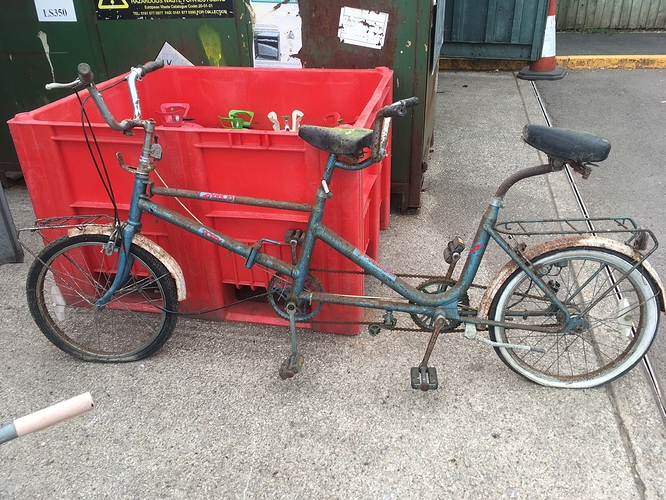Glucose is not dealt with in the liver at all, except to make glycogen (the storage form) to be shared with the muscles at need. (When the muscles make their own glycogen it has to be used by the cell that created it; it can’t be shared, for some reason.) The paediatric endocrinologist, Rober Lustig, says that liver glycogen may enlarge the liver, but it has absolutely no harmful effect. (And the liver apparently shrinks again, as that glycogen gets used up.)
So yes, you can still eat glucose and dextrose with fatty liver disease. In fact, Dr. Lustig and his team showed just that, by taking a small population of obese children (this was a pilot study) and switching their diet from one with a high fructose content to one with almost no fructose. To keep calories constant, they replaced the fructose with glucose (as he puts it, “Instead of fruit, we gave them bagels.”).
Now, too much glucose causes other known problems, such as hyperinsulinaemia and the whole cluster of diseases known as metabolic dysfunction. But fatty liver is not one of those problems.


